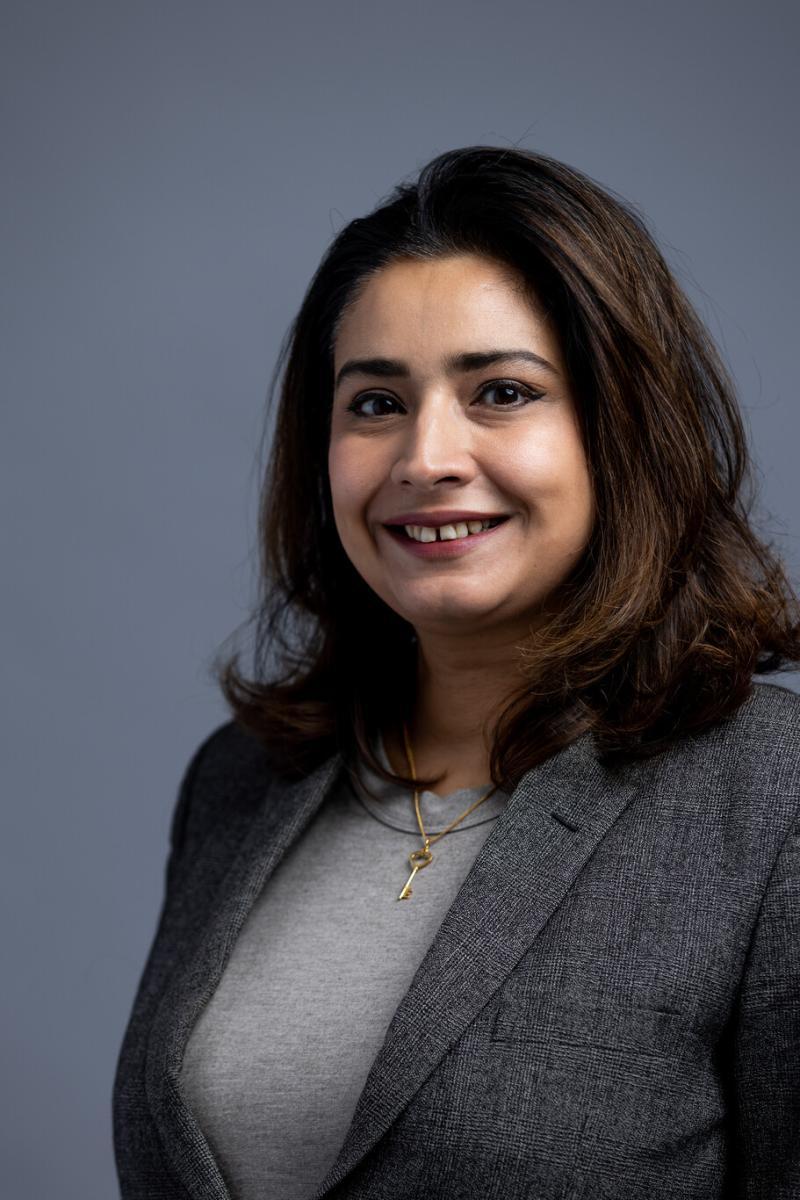Syeda Masood
IAS Q&A
When you arrived at the Institute you probably had a concrete idea or plan of what you would like to achieve during your stay. Were you able to pursue these plans? Did there emerge new, unforeseen directions?
Yes, I had a very concrete idea that I would finish my dissertation, work on the revision and resubmission of an article I had received right before moving here and write another article and send it for review. I am glad I was able to achieve most of what I was trying to achieve, although I am still working on finishing my dissertation (eek!). There were several teaching opportunities that were unforeseen. Firstly, I was asked by Professor Al-Bagdadi to give a guest lecture to her class on Gender and Religion which was a really great experience. Another professor asked me for a guest lecture on Empire and Family in her OSUN class which was also quite fun. I was able to have great discussions with some very smart CEU and OSUN students.
More generally speaking, who or what influenced your work and research path the most?
The most influential moment of the year for my research was undoubtedly the IAS public seminar I gave this spring. I received some bombastic questions – both from other IAS fellows and the online participants. These questions helped me immensely in clarifying my thoughts and getting new ideas on theoretically framing my research. For example, I realized that one of my chapters is primarily about the phenomenology of time, which led me to read up more on the idea of racialized time. I am grateful to IAS for that experience and especially to the people who attended and participated in the talk I gave.
To which debates or schools of thought do you see your research contributing?
De/postcolonial sociology, U.S./British empire studies, Race and Ethnicity.
How do you see your field of research today? How is it evolving?
Like most scholars, I operate in various fields of research, but I will give an example from one field, which is the American Sociology of Race and Ethnicity. Historically this field has been parochial and methodologically nationalist – largely focusing on the racial paradigm within the borders of the United States. Lately, postcolonial approaches have been helpful in opening up the field to theories that center empire, colonialism, and settler-colonialism in the construction of modern racial projects transnationally. The field has also gotten more global as a result. Some fantastic people are doing this work right now. This was a very exciting moment for me. In my current project, I build on this line of thinking to connect racialized phenomenology in Afghanistan to the U.S. empire.
What’s next for you after IAS CEU Budapest (if we may ask)?
I will continue my GIAS Fellowship and will be associated with another OSUN university, the European Humanities University Lithuania. There I would be based at the Center for Research of Intersubjectivity and Interpersonal Communication.
If there were one book or film you could recommend to the reader, what would be that and why?
This is a tough one. I can recommend several academic books, but I think what would be more fun for the reader would be something fictional or semi-fictional which can help the reader see what I have been trying to say with my work. I think Charlie Wilson’s War is a good option as it portrays an interesting story about U.S. power and Afghanistan and is quite entertaining.

